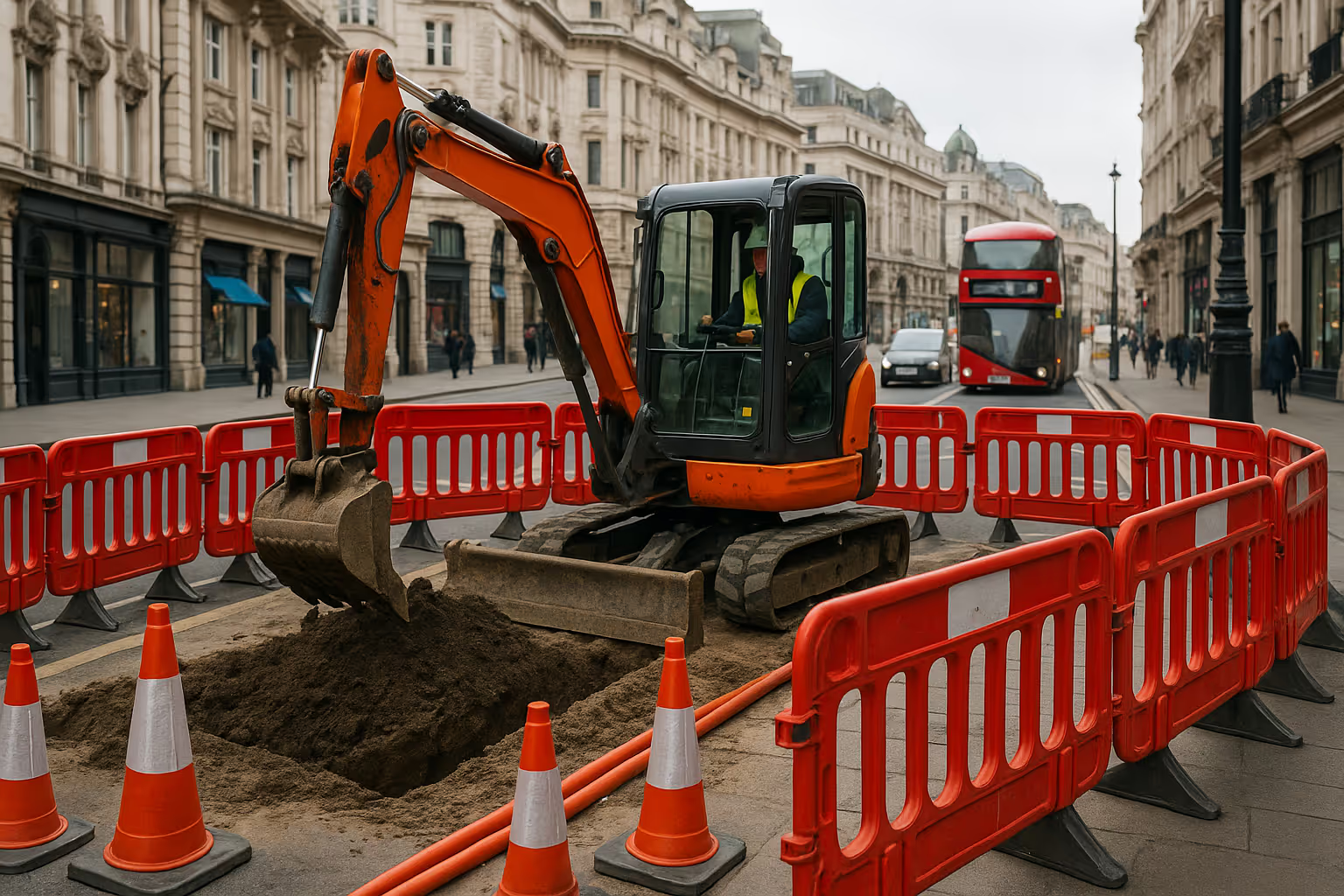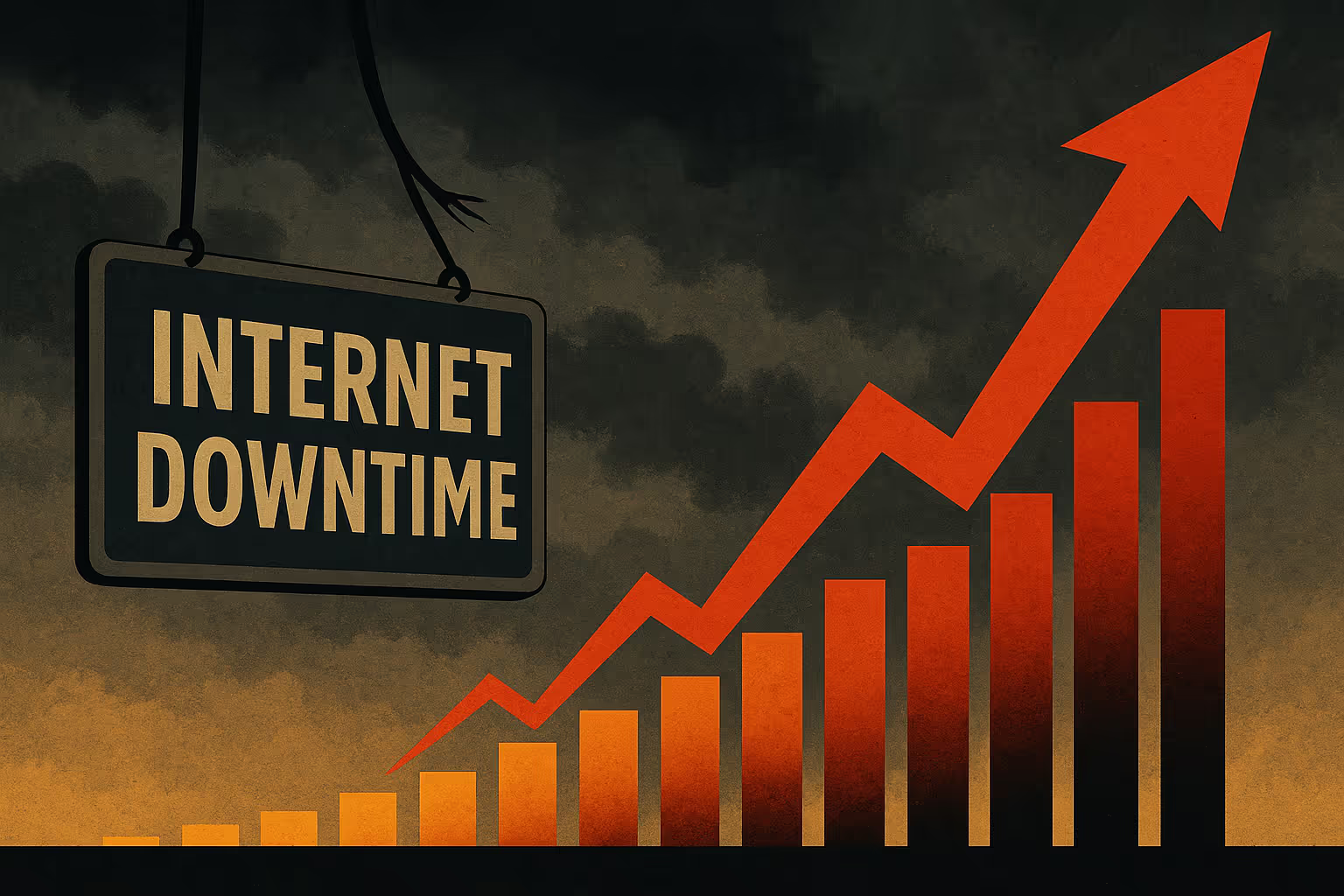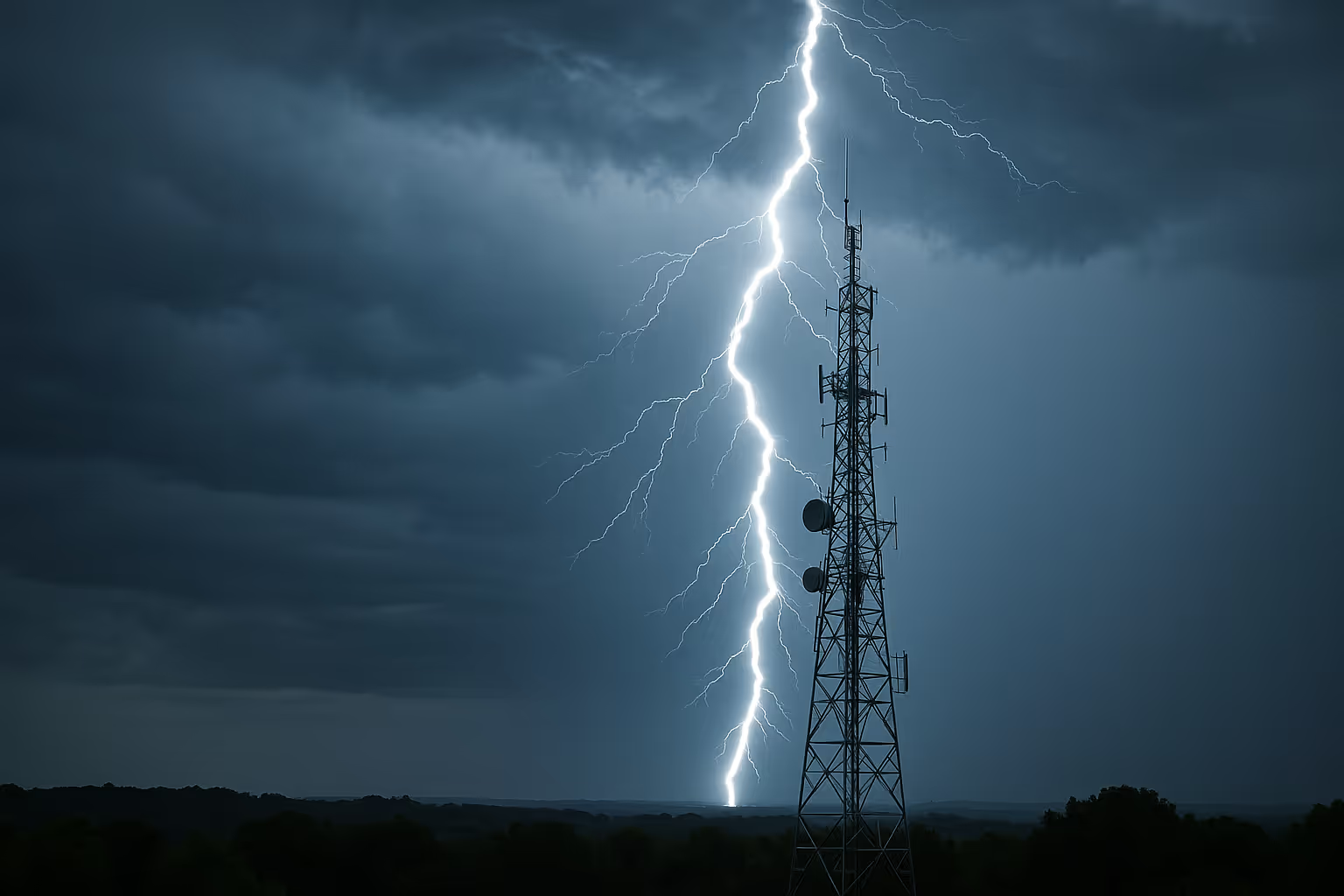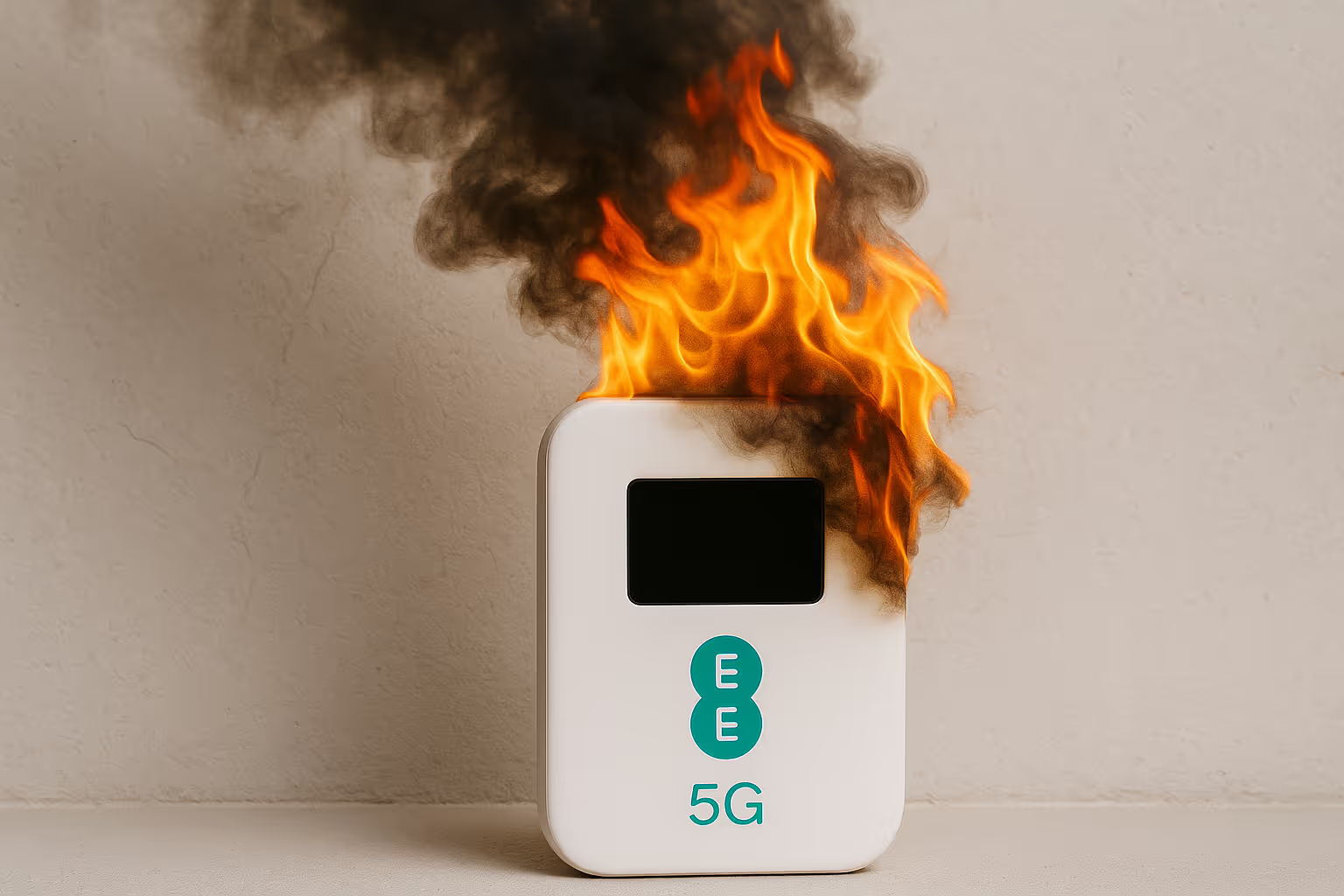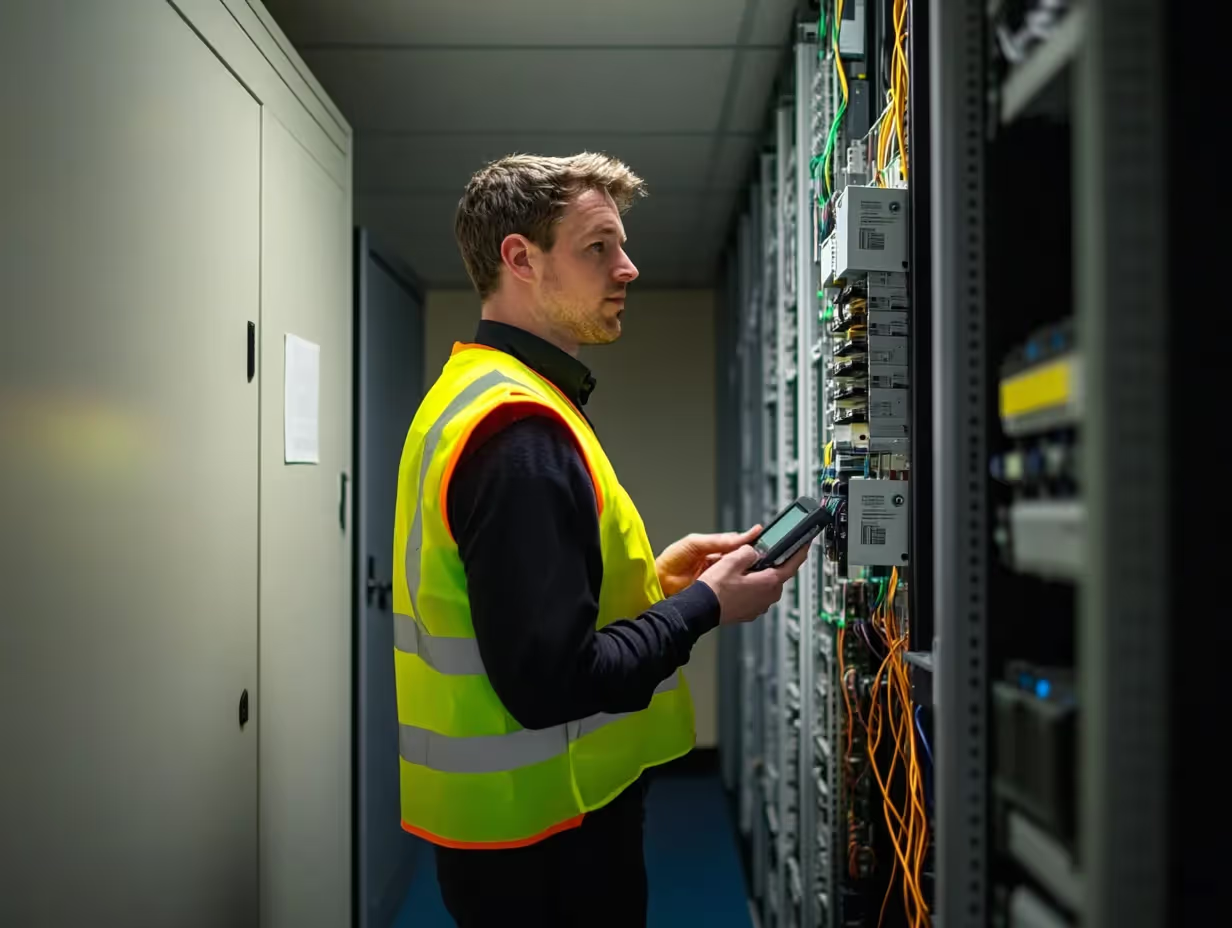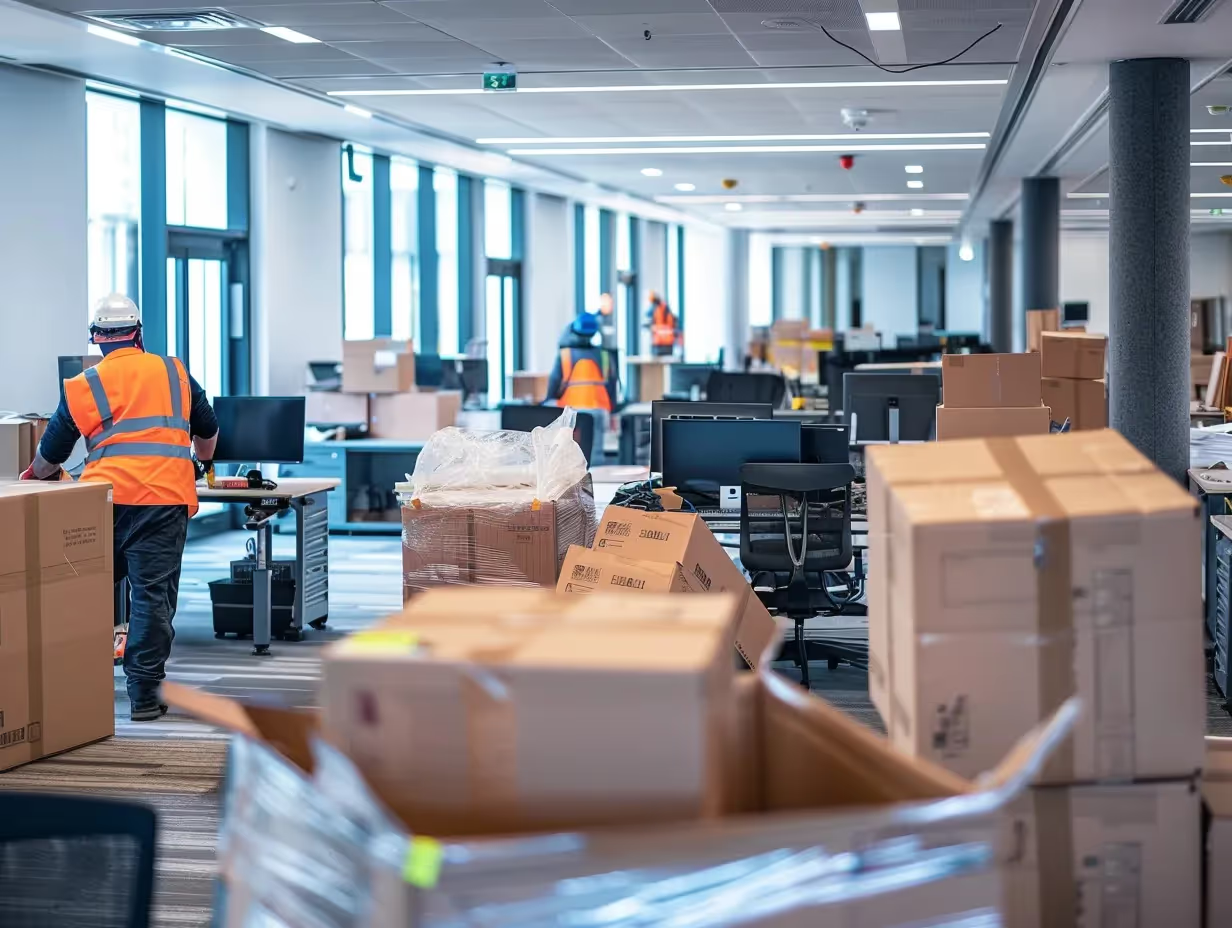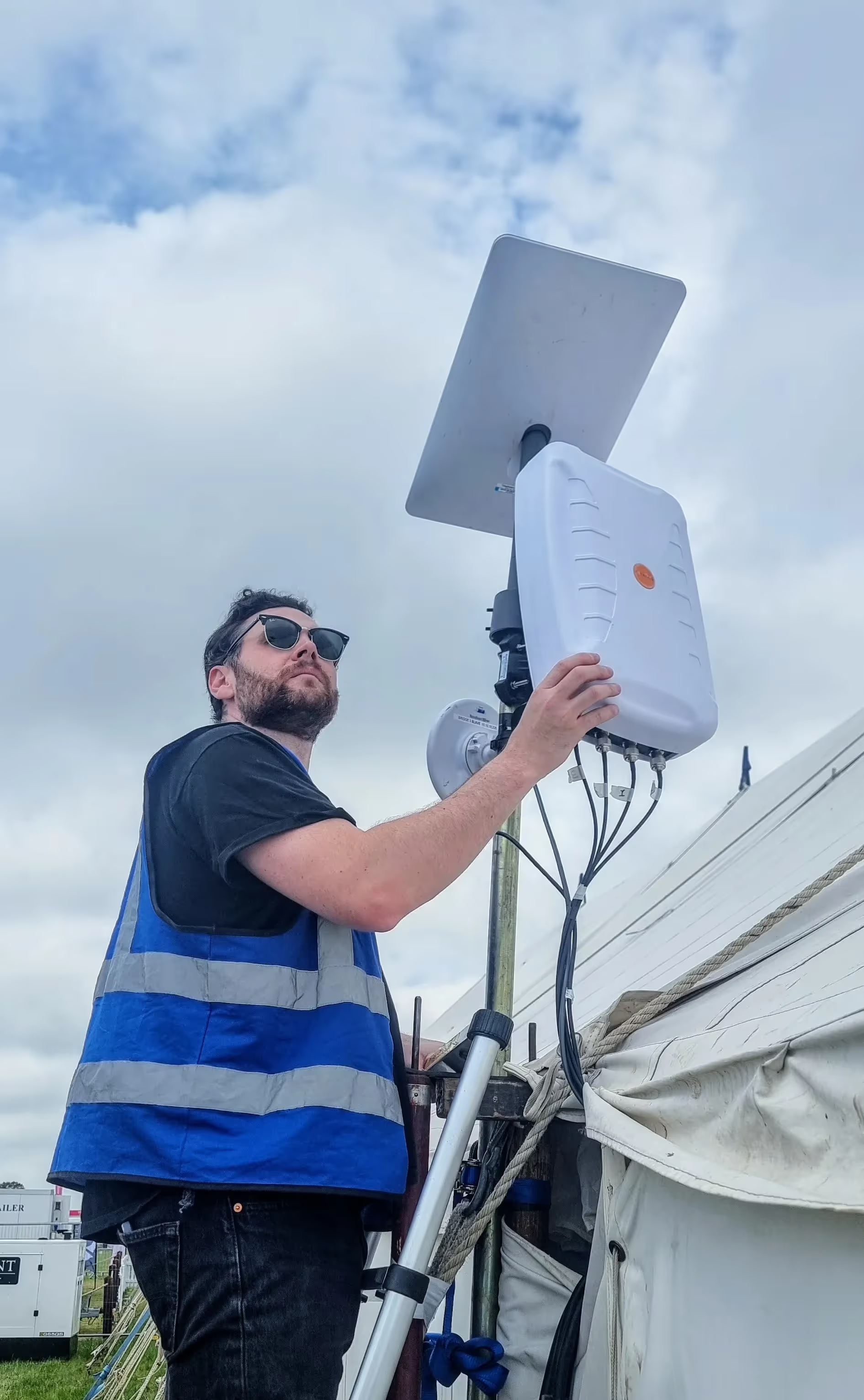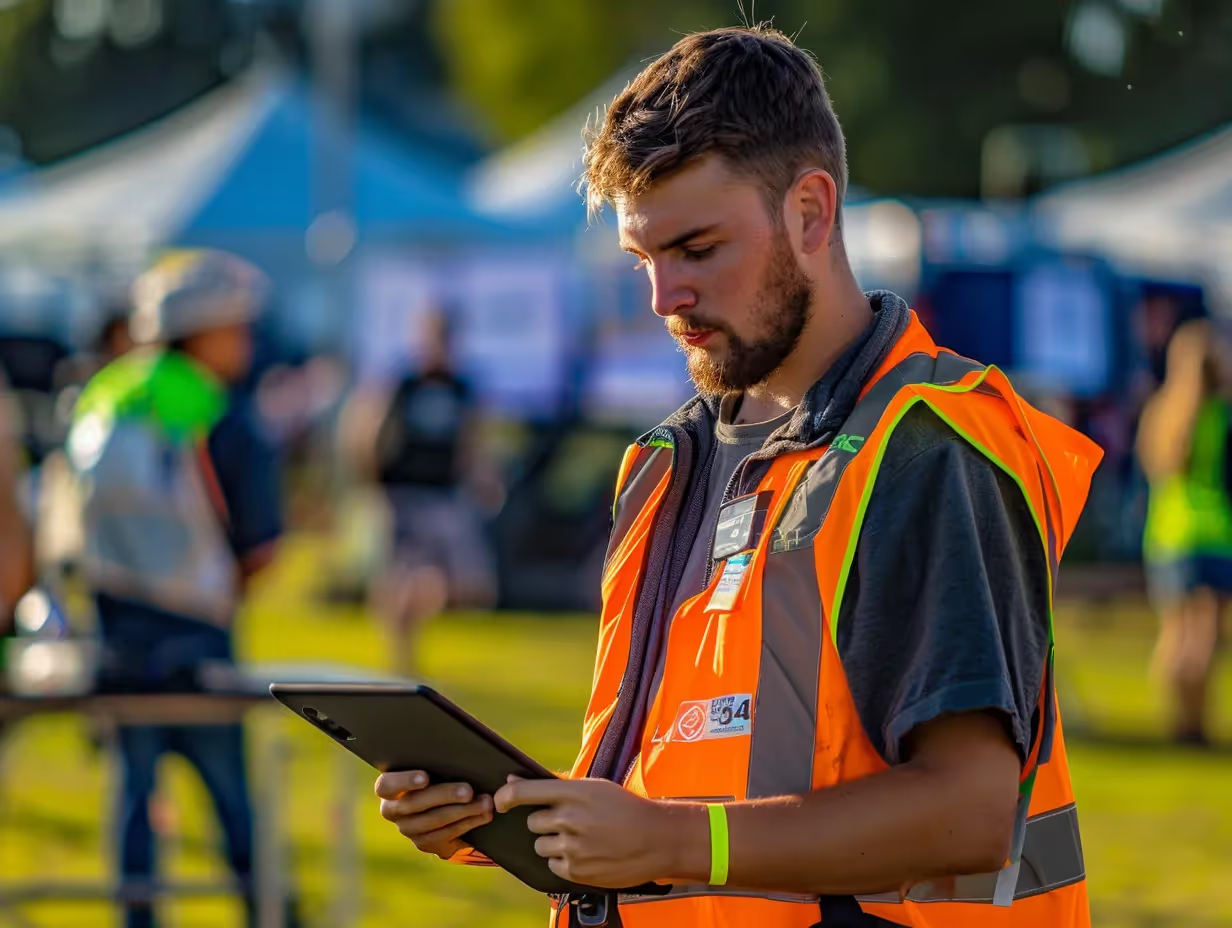The Pitfalls of Venue Internet: A Word of Caution
When organising successful events, a reliable internet connection plays a vital role. In an attempt to cut costs, event organisers often consider relying on the in-house venue internet connection. However, beneath the surface, there are risks and challenges that come with trusting an unquantified venue internet connection. Let's delve into this topic and explore why caution is necessary when trying to save on event technology expenses.
Consumer-Grade Internet
In-house venue internet connections are typically built on consumer-grade infrastructure, primarily meant for personal use and basic browsing. Such connections are ill-equipped to handle the demands of a bustling event with multiple devices, live streaming, and interactive technologies. Consequently, relying on these connections may result in slow speeds and frustration for both organisers and attendees.
- Assessment: Perform a thorough assessment of the venue's existing internet infrastructure, focusing on its capacity to handle high-demand activities.
- Stress Test: Conduct a stress test to simulate event conditions and identify potential bottlenecks.
- Upgrade Options: Discuss potential upgrades or additional infrastructure with the venue to meet event demands.
Limited Technical Support
One significant drawback of in-house venue internet connections is the lack of dedicated technical support. When issues arise, venue staff may lack the expertise or resources to address them promptly. This can lead to prolonged downtime, disrupted event schedules, and a negative experience for attendees. It's crucial to have reliable technical assistance available throughout the event to ensure a seamless connectivity experience.
- Technical Support Contract: Secure a contract for on-site technical support from a specialised event connectivity provider.
- Support Training: Ensure that venue staff are trained to handle basic connectivity issues or have access to immediate professional support.
- Service Level Agreement (SLA): Establish a clear SLA with the venue or external provider to define response times and support protocols.
Insufficient Bandwidth or Capacity
Events attract a diverse array of attendees, exhibitors, and staff members, all relying on internet connectivity simultaneously. In-house venue internet connections often struggle to accommodate the high volume of users, resulting in slow connections, buffering during presentations or live streams, and limited Wi-Fi access. These limitations hinder attendee engagement and can negatively impact the event's success.
- Bandwidth Calculation: Calculate the required bandwidth based on the number of expected users and their online activities.
- Bandwidth Reservation: Reserve additional bandwidth specifically for critical event activities like live streaming or presentations.
- Access Point Distribution: Deploy additional access points to ensure even distribution of connectivity throughout the venue.
Overpromising Venue Managers
Venue managers easily overpromise the capabilities of their in-house internet connections to secure bookings. However, reality may fall short of these promises. Event organisers who blindly trust these assurances risk encountering unexpected connectivity issues during their events. It's important to independently assess the venue's connectivity infrastructure and performance history before making decisions.
- Independent Audit: Conduct an independent audit of the venue’s internet capabilities before finalising your booking.
- Reference Checks: Request references or testimonials from previous event organisers who used the venue.
- Trial Run: If possible, conduct a trial run of your event's internet setup to gauge actual performance.
Flaky Reliability
Relying on an in-house venue internet connection poses challenges in accurately assessing its reliability. Without prior knowledge of the connection's stability, event organisers essentially gamble on the success of their events. Downtime, disrupted presentations, or failed live streaming can negatively impact an event's reputation and leave attendees dissatisfied.
- Historical Data: Request historical data on the venue’s internet performance, including any recorded downtimes or issues.
- Backup Plans: Develop a backup plan, including redundant connections or mobile hotspots, to ensure continuity in case of primary connection failure.
- Continuous Monitoring: Implement continuous network monitoring to detect and resolve issues promptly during the event.
Conclusion
While it may be tempting to save costs by relying on an in-house venue internet connection, it's crucial to be cautious of the associated risks. Consumer-grade infrastructure, limited technical support, insufficient bandwidth, overpromising venue managers, and uncertain reliability are factors that can compromise an event's success.
Key Takeaways:
- Risk Assessment: Conduct a thorough risk assessment of the venue's internet capabilities.
- Professional Support: Engage professional event connectivity services to mitigate risks and ensure seamless connectivity.
- Proactive Planning: Plan proactively to address potential issues and ensure a positive experience for attendees.
Consider partnering with a trusted event technology company like Digital Avenue to ensure seamless connectivity and avoid disappointment. Their expertise in providing temporary connectivity and streaming services tailored to specific event needs can enhance the overall experience and mitigate potential pitfalls. By taking these steps, you can ensure your event runs smoothly and leaves a lasting positive impression on your attendees.




